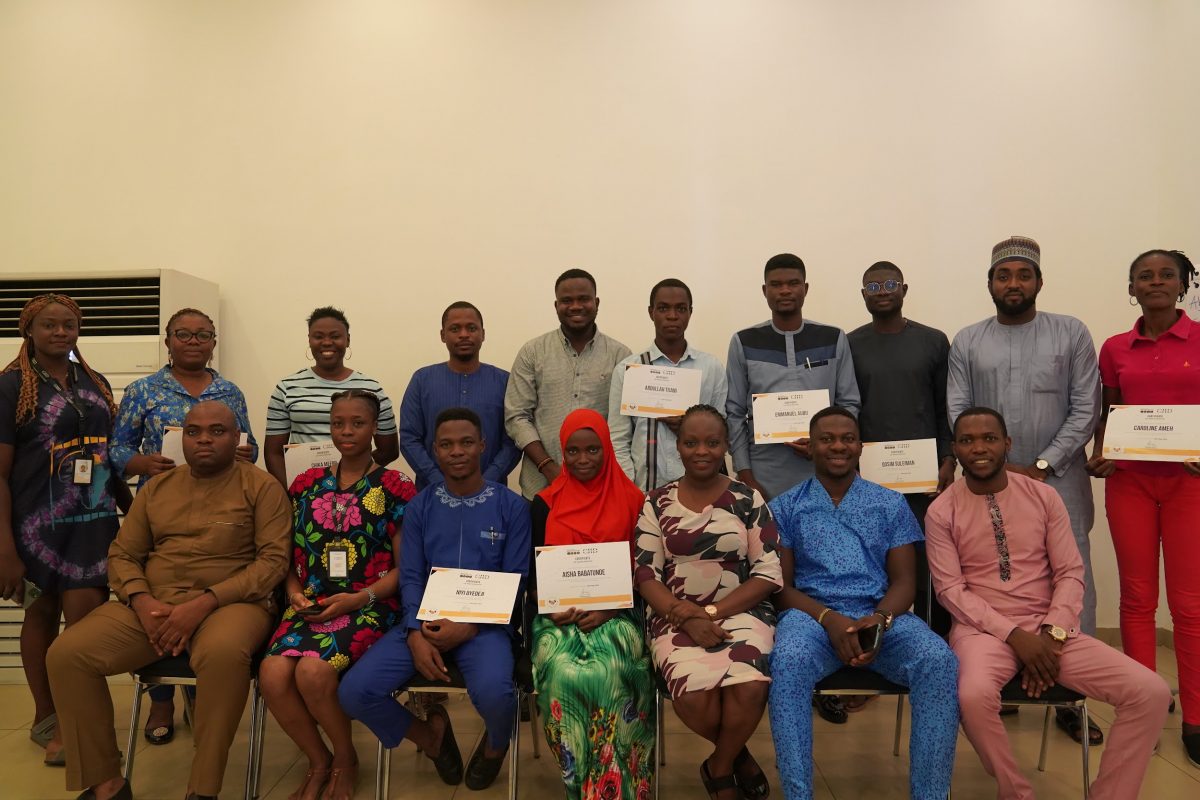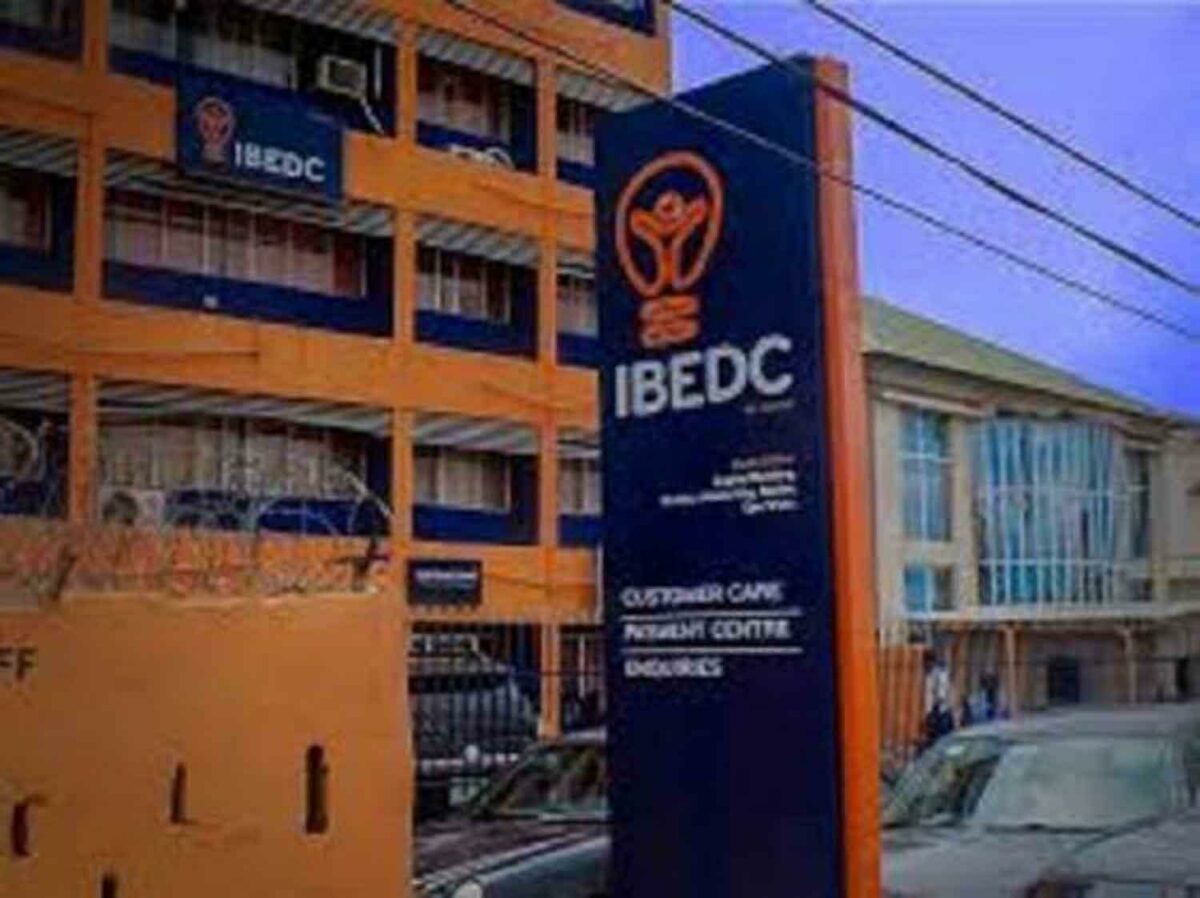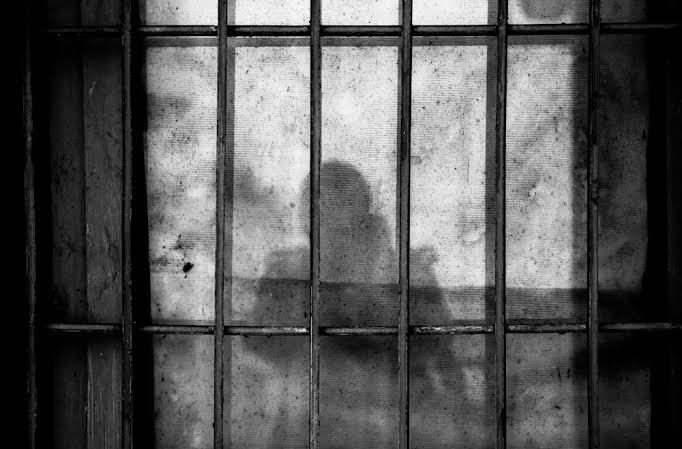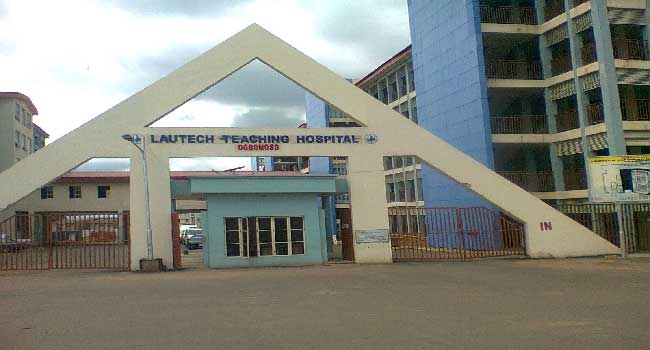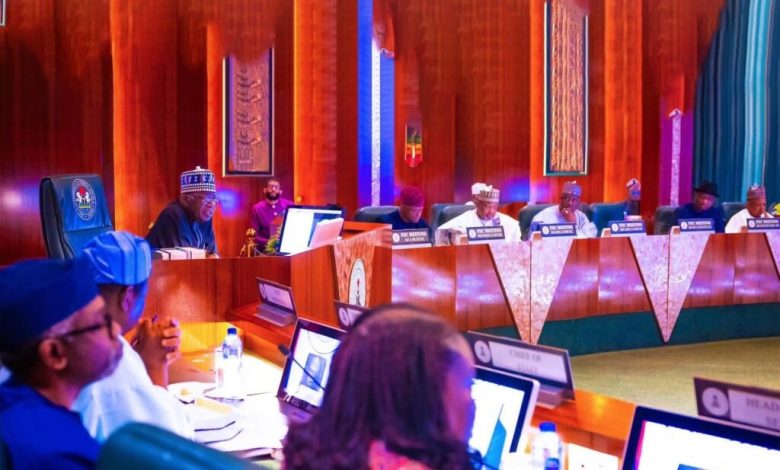In partnership with the Institute for War and Peace Reporting (IWPR), the Centre for Journalism Innovation and Development (CJID) has concluded a five-day training exercise for journalists in Abuja.
The journalists, supported with a story grant of $750, will be reporting on conflicts and human rights violations across the country, under the Voices for Change project of the centre.
The training, held from Monday to Friday last week, had seasoned facilitators drill journalists on the various human rights and conflict-related issues across the globe with the aim of deepening their knowledge.
Lisa McManus, the IWPR programmmes manager for Africa, said the project was birthed because IWPR and CJID recognised the global challenge the media face in advocating for freedom of expression and human rights.
READ ALSO: Nigeria’s Democracy in Steady Decline Under Buhari, Says CSO Group
She said, “This is no different for Nigerian media. This week’s training is one contribution to strengthening local reporting capacity to meet these challenges.”
Speaking at the training as a facilitator, Adeyemi Adesomoju, Head, Judiciary, Human Rights and Anti-Corruption Desk at Premium Times, said human rights and conflict reporting are issues of public interest that must be done with great care in order not to worsen already bad situations.
“Journalists have a huge responsibility to report human rights issues and conflicts happening anywhere in the world,” he said.
He emphasised the need for continuous capacity building, saying, “Overall, journalists need to broaden their knowledge base about the issues and sharpen their writing and reporting skills much of which were highlighted during the session.”
‘REFRESHING SHIFT’
The Voices for Change journalist training marked a refreshing shift in “what I knew about conflict-sensitive reporting”, said Anibe Idajili, a TechCity journalist.
READ ALSO: Over 50 CSOs Tell Buhari: We’re Experiencing Terrorism, Not Banditry
She noted that “the sessions were informative, valuable, and delivered in a relaxed and friendly manner. I have had a number of takeaways myself. The reminders to report conflicts accurately, avoid hate speech, acknowledge victims’ trauma, and speak to all sides were especially helpful. I am now more confident in my ability to take on conflict-sensitive investigative reporting”.
Arinze Chijioke, a freelance journalist with the International Centre for Investigative Reporting (ICIR), said, “The five-day training has been eye opening for me, particularly as it relates to human rights reporting. Over the course of the training, I have learned the ethics of human rights reporting and how to humanise my stories in ways that will attract the required attention. I have also learned how to approach sources to get the best out of them for my stories as well as how to carry out fact checks to ensure that whatever I put out is factual.”
Caroline Ameh, a journalist who writes for Nigeria OUTLOOK, opined that it’d been five days of learning and unlearning new trends in investigative reporting.
She said, “I really want to appreciate the organisers of this training. I learned a whole lot from all my tutors. My approach to writing human rights and conflict stories will change. The timing for each course was appropriate and the atmosphere was study-friendly and very interactive.”
READ ALSO: Over 500 Women Groups Ask Govt to End Insecurity and Bloodshed
In his closing remarks, Akintunde Babatunde, the Deputy Director, Development Practice, CJID said he was certain that after this training, participants would put pressure on the government to do the right thing.
“The human rights situation in Nigeria is precarious. We wake up every day to news around human rights abuses of ordinary citizens. The time is now for journalists to dig deep into these issues, identify those responsible and get government to act,” he said.
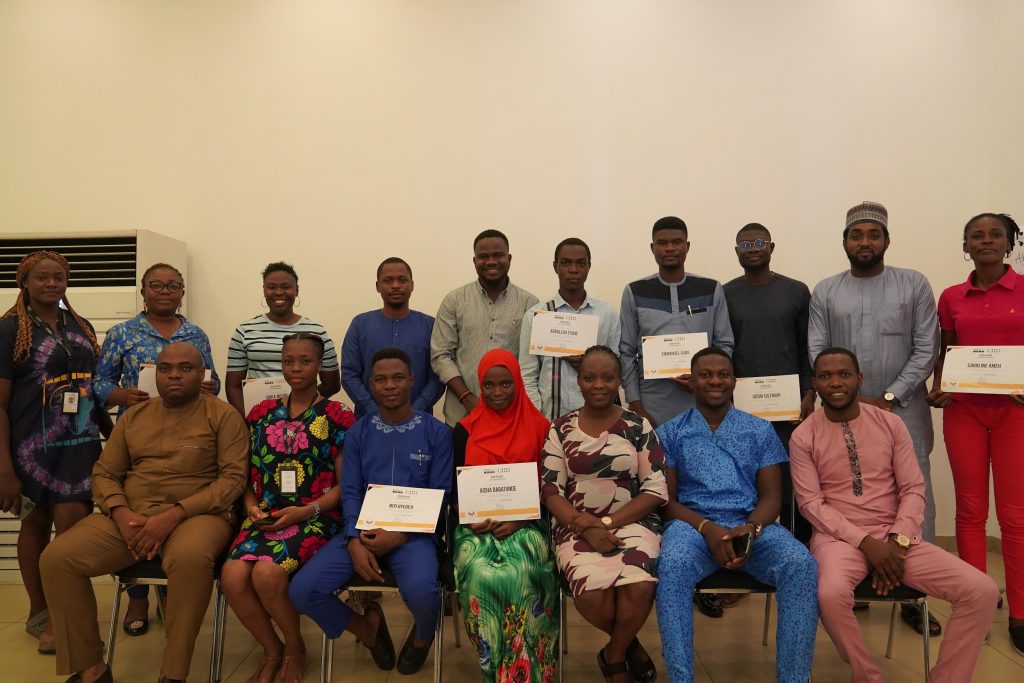
At the end of the training, a certificate of participation was awarded to participants who were expected to produce in-depth, data-driven reports on human rights and conflict-related issues.
Subscribe
Be the first to receive special investigative reports and features in your inbox.


